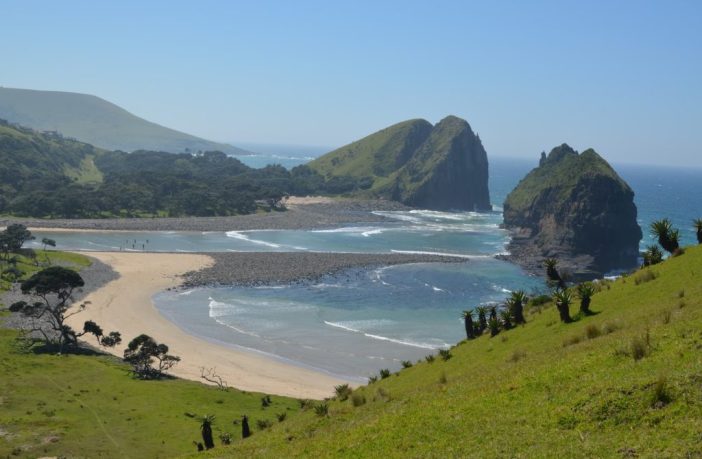- In a gruelling all-morning session in the Supreme Court of Appeal yesterday, advocates for Sustaining the Wild Coast, the Amadiba, Cwebe, Hobeni, Port St Johns and Kei Mouth communities, as well as for Natural Justice and Greenpeace Africa, defended the finding in the Makhanda High Court that the exploration right granted to Impact Africa and Shell in 2014 to allow for oil and gas exploration, should be set aside.
Shell, Impact Africa and the Department of Mineral Resources and Energy (DMRE) appealed the High Court ruling, arguing today that the court erred with regards to their finding. They argued that the Environmental Management Programme (EMPr) obtained before the 2014 right was granted, as well as the public participation process, was sufficient for the Minister of the DMRE to make a decision. They also argued that certain factors such as climate change and heritage rights need not have been considered in making this decision.
The DMRE’s advocate was asked by the Judges as to why the Minister of the DMRE appealed the High Court judgment. Their argument was that they were seeking clarity on the law and to respond to the counter-appeal. A cross-appeal was brought by Natural Justice and Greenpeace Africa arguing that the EMPr was not enough, and that Shell should undertake an Environmental Impact Assessment before being granted an Environmental Authorisation, as under the law as it stands today.
While the arguments were happening within the courtroom, peaceful protests took place outside the courthouse with chants of “Hamba Shell, Hamba!” (Go away Shell, Go away) “To Hell with Shell” and “Climate Justice now!”.
Acting for Wild Coast communities and supporting organisations, Advocates Ferreira and Webber reiterated that when the DMRE had to make a decision on whether to grant the exploration right, there were certain factors that the Department should have considered: These included:
- the anticipated harm to the marine and bird life along the Eastern Cape coast;
- the communities’ spiritual and cultural rights and their rights to livelihood; and
- the climate change considerations and requirements advocated by the intervening parties.
The communities’ advocates also argued that the public consultation process was flawed and that Impact Africa and Shell should have taken further steps to include communities on the Wild Coast who were left out of all information-sharing and consultation processes.
Lastly, the communities’ advocates argued that decision-makers failed to comply with the requirement of the Integrated Coastal Management Act to consider the interests of the entire community – including fishers and ocean life.
The court reserved judgement.
Source: Natural Justice















